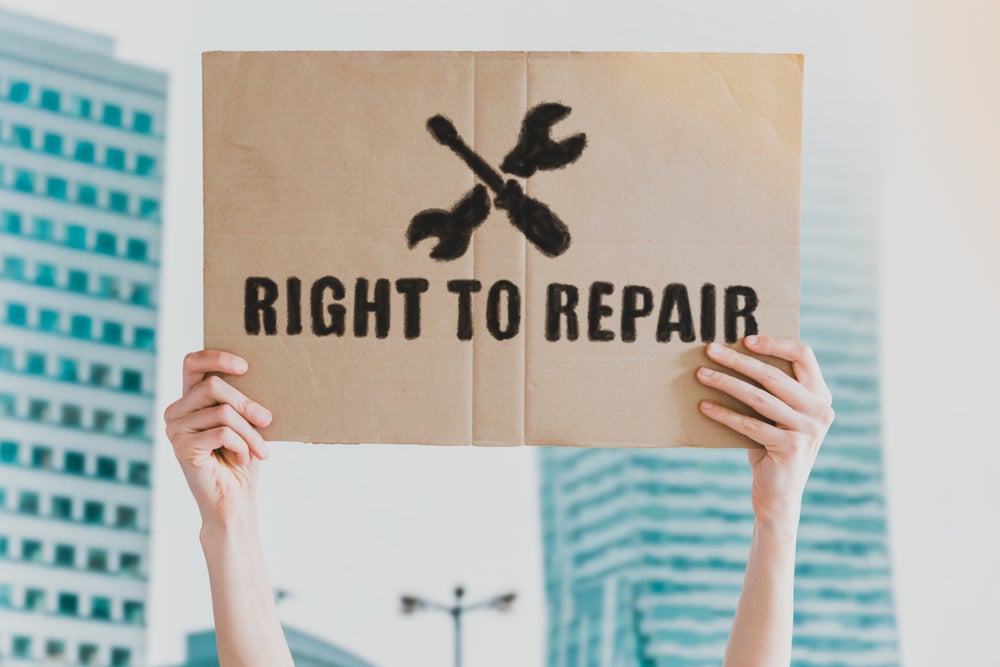
TikTok, which is owned by Chinese company ByteDance, has filed an emergency motion for a temporary injunction against a US ban, reported Reuters.
The move is intended to allow the US Supreme Court to review the matter.
The request was made to the US Court of Appeals for the District of Columbia, aiming to prevent the enforcement of a law that mandates ByteDance to divest TikTok by 19 January 2025 or face a prohibition.
The law’s enactment would lead to TikTok’s shutdown in the US, affecting more than 170 million monthly users.
TikTok has requested the appeals court to decide by 16 December 2024.
According to a filing to the appeals court, pausing the law could allow the incoming US administration to decide its stance, which could “moot both the impending harms and the need for Supreme Court review”, reported Bloomberg.
How well do you really know your competitors?
Access the most comprehensive Company Profiles on the market, powered by GlobalData. Save hours of research. Gain competitive edge.

Thank you!
Your download email will arrive shortly
Not ready to buy yet? Download a free sample
We are confident about the unique quality of our Company Profiles. However, we want you to make the most beneficial decision for your business, so we offer a free sample that you can download by submitting the below form
By GlobalDataThe motion states that a pause would not pose “imminent threat to national security” or “material harm on the government”.
Earlier in December 2024, the appeals court panel upheld the law requiring ByteDance to sell TikTok in the US by early 2025 or risk a ban in six weeks time.
Lawyers for the two companies said the Supreme Court prospect would take the case “and reverse is sufficiently high to warrant the temporary pause needed to create time for further deliberation”.
Recently, Reuters reported that the Canadian government mandated the dissolution of TikTok‘s business within the country citing concerns on national security risks.
In response to the government’s decision, TikTok expressed its intention to legally contest the order.







